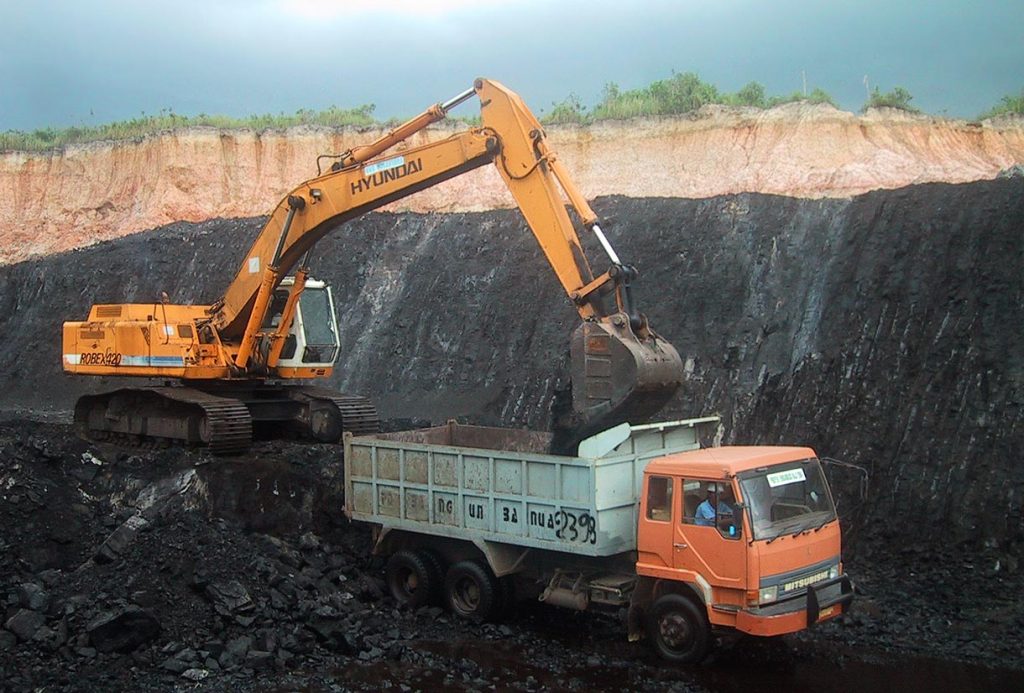August 11, 2020: The government of India has recently introduced a material policy change as part of its ‘Atmanirbhar Bharat Abhiyan’, whereby it seeks to open-up coal mining activities to the private sector. Owing to the drastically increasing gap in demand and supply of coal in India, the government has resolved to end the monopoly enjoyed by Coal India over the years and not only allow, but also incentivise the participation of private players in the industry, to try and domestically meet the country’s coal needs. The government aims to increase transparency, competition and participation of the private sector, under the new regime of coal block auctioning.
What is new?
Although private players were allowed to participate in coal mining even previously, this was limited to captive mining with end-use restrictions. The idea now is to eliminate the line between captive and non-captive mining, to bring about some fluidity in the transfer of leases and sale of surplus unused minerals. As a result, mines whose rights have been purchased by a private entity for captive purposes can be transferred to another private entity which is taking over such mines for non-captive purposes. Since this new policy paves way for commercial mining without end-use restrictions, there will be no restrictions on sale or utilisation of coal from the coal mines allocated under this new policy. This should incentivise private players to bid for mines, as they can sell this coal at competitive prices.
The first round of auction
Within a few weeks of announcing this new policy, the government launched the auction of 41 coal blocks for commercial mining, through video-conference. The terms of this auction, being a commercial auction, were drastically different as compared to auctions under the previous regime.
Derestriction of sectors and end-use and allowance of competitive pricing are some of the changes we have observed in the new auction terms. Other liberal and noteworthy terms and conditions included a reduction in the upfront amount, adjustment of upfront amount against royalty payable to the government, liberal efficiency parameters to encourage flexibility in operationalizing the coal mines, a more transparent bidding process and 100 percent FDI through automatic route. Further, the introduction of a revenue-sharing model instead of the previously fixed rupee per tonne model is also a commendable move towards encouraging participation of the private sector in the new regime.
Impact on the economy
It is anticipated that this first round of auction alone will generate Rs 33,000 crore in investments, over the course of the following decade. Commercialisation of coal-mining and exploration of the untapped reserves is expected to make India self-reliant in the energy sector. Although this new policy is seen as a move that will generate both revenue and employment opportunities within the country, a lot is left to be seen from the manner in which it pans out.
Our first concern is that this may not offer any immediate respite, particularly to the already stressed thermal power plants in the country. It will be years before the first coal is mined from the blocks allocated under the new policy, until when India will continue to largely be dependent on imports to meet its coal needs. This policy may, therefore, offer no relief to thermal power plants that are already stressed, and are unlikely to survive long enough to reap the benefits of this new regime.
Secondly, the full benefits of opening up coal mining activities to the private sector can only be seen when the legal and administrative regime is adequately amended to ensure that land acquisition, environmental and forest clearances are fast-tracked and issued in a more efficient manner with minimal interference of bureaucracy, corruption and red-tapism. Keeping up the assurance of transparency is also a key factor in restoring the faith of the country that there won’t be a repeat of what was seen with the Coalgate scam.
While this new regime is certainly a welcome move, unless infrastructural changes are also brought about to improve rail and road connectivity to and from these mining sites, it may not provide any respite during these trying times, in terms of the immediate needs of employment and revenue generation. Having said that, on the road to becoming a self-reliant country with respect to energy dependence, this is a monumental step forward.
Source: CNBC








